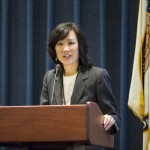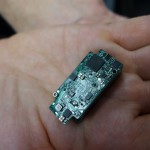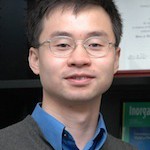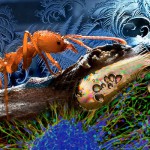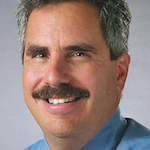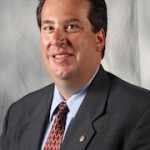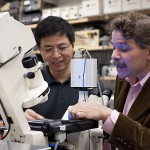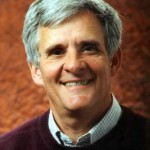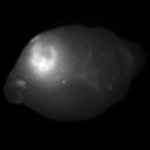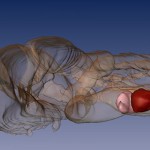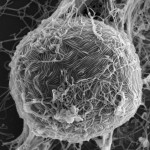Tag Research
Patent office director visits for discussion about innovation and opportunity
UW-Madison, a world leader in producing patents, will welcome Michelle K. Lee, director of the U.S. Patent and Trademark Office, on Wednesday for a tour of the Wisconsin Institutes for Discovery and discussion of the future of intellectual property and innovation.
Tests show Midwestern canine flu outbreak stems from new strain
Canine flu outbreak
High-power laser spinoff proves versatility is strength
Since lasers were invented in 1960, they have penetrated countless scientific, industrial and recreational fields: from eye surgery to DVD players, from cutting steel to triggering ignition in missile stages.
Solution-grown nanowires make the best lasers
Take a material that is a focus of interest in the quest for advanced solar cells. Discover a "freshman chemistry level" technique for growing that material into high-efficiency, ultra-small lasers. The result, disclosed today [Monday, April 13] in Nature Materials, is a shortcut to lasers that are extremely efficient and able to create many colors of light.
Science meets art: 2015 Cool Science Images unveiled
Whether a close-up of a leafcutter ant, or a micrograph of the neurons derived from marmoset stem cells, or an MRI of the hidden pathways in the human brain, submissions to UW–Madison’s 2015 Cool Science Image Contest continue to put science and nature on eye-catching display.
UW scientists find key link in cold-virus picture
Researchers at University of Wisconsin School of Medicine and Public Health (SMPH) have made a key discovery about a cold-causing virus that is strongly associated with severe asthma attacks.
Mathieu named director of Wisconsin Center for Education Research
Robert Mathieu, a UW–Madison professor of astronomy and an international leader in advancing science, technology, engineering and mathematics (STEM) higher education, has been named director of the Wisconsin Center for Education Research (WCER), UW–Madison School of Education Dean Julie Underwood announced April 6.
Two receive awards for research to benefit children
Two University of Wisconsin–Madison researchers have received three-year Hartwell Individual Biomedical Research Awards to support research into fungal disease and therapy for attention deficit hyperactivity disorder (ADHD).
Buckets, Bucky and brains: A look back, a Duke link
History and more about the NCAA championships
Plowing prairies for grains: Biofuel crops replace grasslands nationwide
Clearing grasslands to make way for biofuels may seem counterproductive, but University of Wisconsin–Madison researchers show in a study today (April 2, 2015) that crops, including the corn and soy commonly used for biofuels, expanded onto 7 million acres of new land in the U.S. over a recent four-year period, replacing millions of acres of grasslands.
Mailick to Lead UW–Madison Research, Graduate Education
Marsha Mailick, the former long-time director of the University of Wisconsin–Madison's Waisman Center, was named today by Chancellor Rebecca Blank as the university's first vice chancellor for research and graduate education.
Ready, aim, fire! Cancer-targeting mechanism underlies promising UW–Madison spinoff
For all their lethality, cancer cells don't look much different from healthy cells, a simple fact that causes endless pain and suffering. Finding cancer cells that have spread and threaten to grow into metastatic tumors is often a life-and-death matter.
Hormone known for mother’s milk also fosters bond between parents
Research has discovered a role for prolactin, the hormone that stimulates milk production in nursing mothers, in the bond between parents.
UW-Madison cancer research showcased in Wisconsin Public Television series
Next week, cancer research by University of Wisconsin–Madison scientists will be featured in a series of programs airing on Wisconsin Public Television (WPT).

